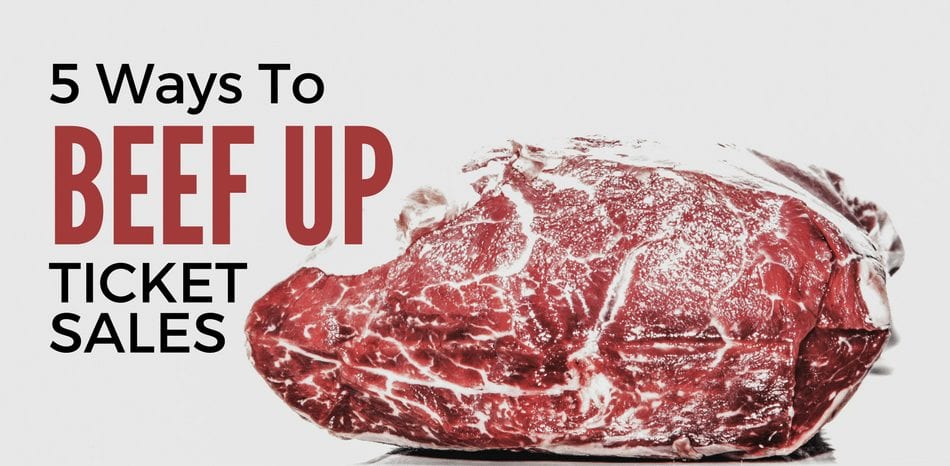
It seems that there are few issues in the live music scene as widely condemned as ticket scalping. The contentious market is estimated to be worth over £1 billion annually in the UK alone, and a new report from FanFair Alliance has found that the practice is greatly undermining the public’s faith in the live music sector, leaving 80% of concert goers feeling ripped off by ticket scalpers. “If there were any doubts whether consumers are aware of the problems around secondary ticketing and the impact this is having on the wider music industry then these are very much dispelled by the survey results,” starts the report’s executive summary, before launching into a myriad of statistics underlining the disconcerting gravity of this issue. The most troubling finding in the report was that 67% of fans that purchased a ticket for higher than the face value would attend fewer concerts in future, while 80% felt that “The Big Four”—GetMeIn, Seatwave, StubHub and Viagogo—were “ripping off” the consumer. 52% of those surveyed found it difficult to discern between resale platforms and authorized primary sale sites, while 82% felt that there should be more transparency on the part of the resale sites. But despite these statistics, there is widespread support for reselling tickets, as long as it is for the face value. “The purpose of commissioning this research,” starts FanFair Alliance’s campaign manager Adam Webb, “was to cut through the emotional discourse, and to ask a wide cross-section of the public about their perceptions of ticket resale, their expectations when buying tickets, and to better discern the impact of current secondary market practices.” “More positively,” Webb continues, “an increasing number of UK ticket companies are now offering face-value resale services, and it’s becoming common practice for artists to implement anti-touting strategies. This is hugely encouraging, although there remains a deep-rooted resistance from some parts of the live business that needs to be overcome. For, while the status quo might bring short-term gains to certain companies, there is a real danger that their intransigence will cause considerable long-term damage – not only to the live music sector, but across the music business overall.” The report presented a number of potential solutions to these problems, such as personalized tickets with ID checks, limited ticket purchases, and authorized resale platforms, all of which the public overwhelmingly supported. FanFair Alliance also insisted that this was an issue for governing bodies to address, and that since the alliance launched in 2016 they had seen “two high profile Select Committee hearings; the launch of a Competition & Markets Authority enforcement investigation; and, in April 2017, some hard-fought legislative changes” to force greater regulation on the resale market. Despite these motions and broad public sentiment, a recent petition imploring the UK government to impose greater restrictions on third-party resellers fell short of its required 100,000 signatures, but it did draw a response from the government: “[We are] determined to crackdown on unacceptable behaviour and improve fans’ chances of buying tickets at a reasonable price, [however] we have put in place measures to tackle unacceptable behaviour in the ticketing market. Price caps would not work.”
You can read FanFair Alliance’s full report here, and visit their website to learn more about the problems brought about by ticket scalping.


